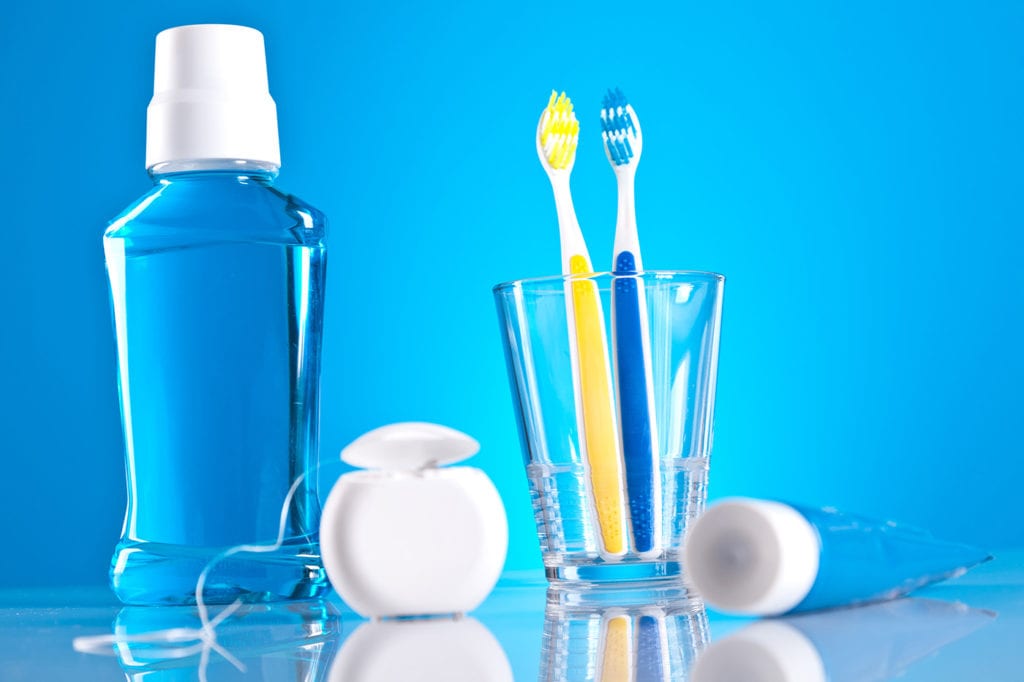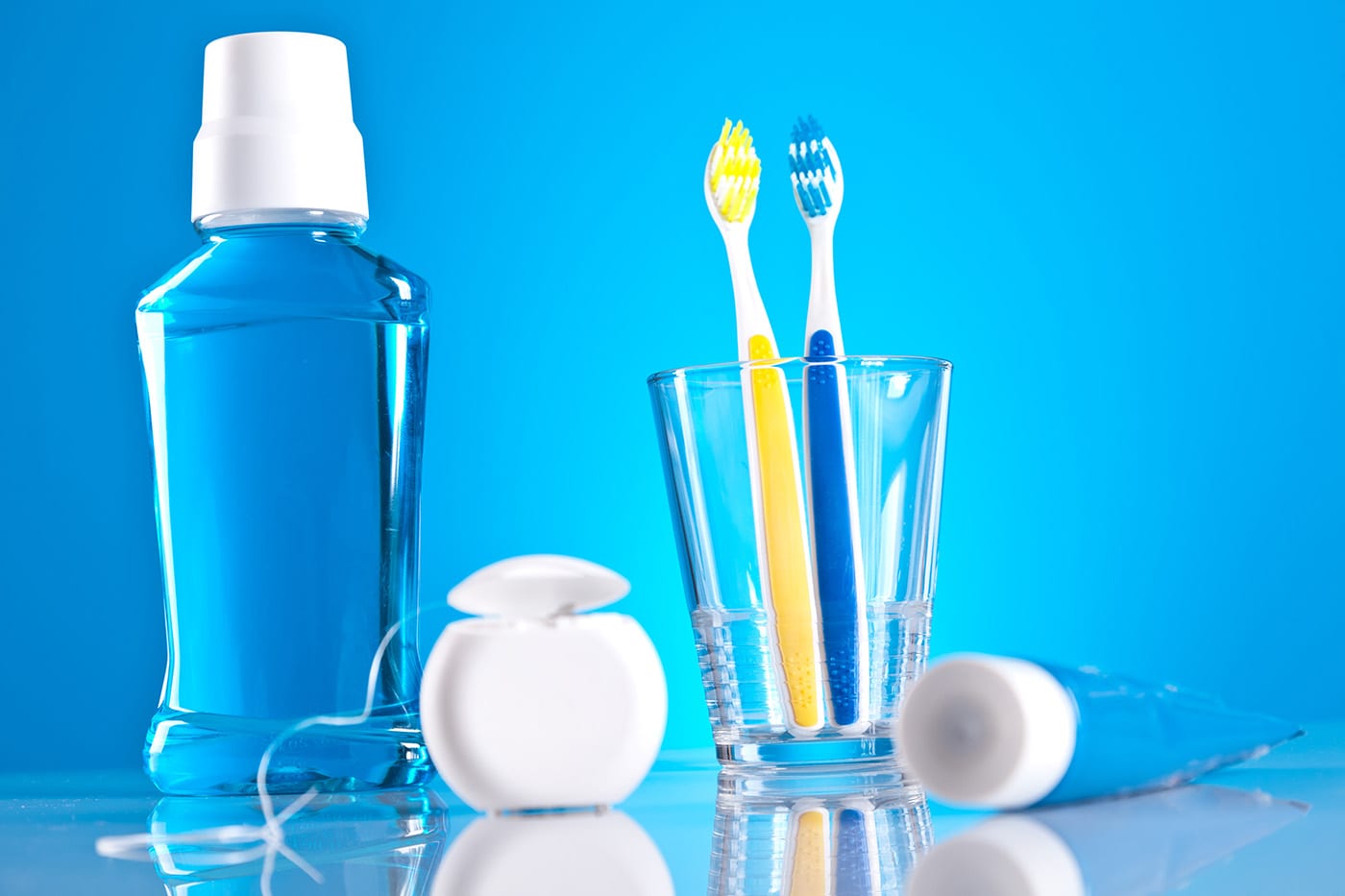
You might be surprised that there is a link between sleep apnea and your dentist. Really, your dentist is your first line of defence against sleep issues, including snoring and apnea. If you keep to a regular check-up schedule with your dentist, you might actually see him more often than you see your physician. This is what you should know about how your dentist can help you with sleep apnea.
What is Sleep Apnea?
Sleep apnea is a condition that causes breathing disruptions when you sleep. Some breathing pauses are only a few seconds, while others could be minutes and can happen repeatedly all night long. The result is not only lack of healing and sleep for your body, but also dental side effects.
The First to Suspect
Dentists are normally the first to consider sleep apnea because they typically see you more often than a primary care physician would and also ask different questions than a physician. Since a dentist focuses on your oral health, they are more likely to look into signs of sleep apnea. When you go in for a check-up with Dr. Lunn at Birch Dental Group, you could be asked several different questions that might not necessary seem connected to dentistry but actually are. These include questions like:
- Do you snore?
- How have you been sleeping?
- Are you suffering from headaches in the morning?
- Are you excessively sleepy during the day?
- Do you wake up with a dry mouth or sore throat?
All of the above questions apply to both your oral health as well as sleep apnea.
How your Dentist can Help
Your dentist is not only likely to be the first to suspect sleep apnea, but he or she can also help you with the condition. These are oral conditions that can be caused by sleep apnea and how they are treated.
- Snoring: Patients who snore heavily often are not taking in enough oxygen while sleeping. Your dentist can create an appliance to wear at night to move how your jaw rests when you are asleep, allowing freer breathing.
- Grinding: Teeth grinding or bruxism is also another sign of sleep apnea. If left untreated, you can wear down the enamel on your teeth, resulting in damage, as well as causing headaches and jaw pain. Bruxism can also cause your gums to recede. A night guard can help stop you from grinding at night, protecting your teeth and jaw. If you grind or clench your jaw while asleep, your brain will not fully let you sleep.
- Refer you out: If your dentist suspects you might be suffering from sleep apnea, he or she might refer you out to a sleep specialist or back to your primary physician so you can have a sleep study ordered.
Bottom Line
Sleep apnea can have a negative impact on your health, including contributing to long-term health issues, but it also can negatively affect your oral health, putting your teeth, mouth, and jaw at risk. If you are concerned about sleep apnea, make your appointment with the team at Birch Dental Group today.
